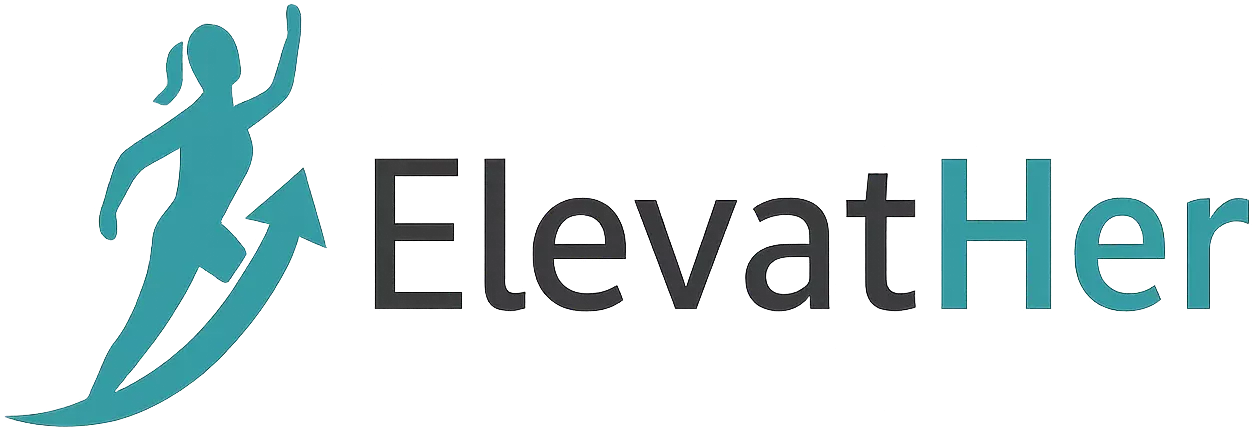In a world defined by rapid technological advancements, globalization, and shifting societal values, the traditional concept of a “one-job-for-life” career is fading into obsolescence. Today, more professionals are embracing the idea of career switching — not just once, but multiple times throughout their lives.
This trend reflects a deeper transformation in the workforce, education, and human aspirations. In this blog post, we’ll explore why career switching is becoming the new norm, what the future holds, and how individuals and organizations can prepare for this evolving landscape.
The Rise of Career Switching: A Modern Phenomenon
Historically, career paths were linear. A young adult would enter an industry, climb the corporate ladder, and retire decades later with a gold watch. But today, career paths look more like zigzags, with professionals venturing into new fields — sometimes drastically different from their original ones.
Why Is Career Switching on the Rise?
- Technological Disruption
Automation, AI, and digital transformation are rendering some jobs obsolete while creating entirely new fields. Roles like data analyst, UX designer, and AI ethicist didn’t exist a decade ago. This pace of change requires workers to reskill and pivot constantly. - Changing Values and Aspirations
Millennials and Gen Z prioritize purpose, flexibility, and personal fulfillment over stability. They’re more willing to leave a job that doesn’t align with their values or passions. - Access to Education and Learning Platforms
With platforms like Coursera, Udemy, and LinkedIn Learning, people can gain new skills from anywhere. Micro-credentials, bootcamps, and online certifications have made it easier to switch fields without a traditional four-year degree. - Gig and Remote Work Culture
The gig economy and remote work have opened doors to experimentation. Professionals can freelance in new fields before making a permanent switch, reducing the risk involved.
The Challenges of Career Switching
Despite the benefits, career switching isn’t always smooth sailing. Many individuals face:
- Financial Risk: Leaving a stable job to pursue a new path can involve income loss, especially during the transition phase.
- Skill Gaps: While some industries welcome diverse backgrounds, others require deep, specialized knowledge.
- Age Bias: Older professionals may face stereotypes when entering newer, tech-centric roles.
- Imposter Syndrome: Starting over can shake confidence, especially for high-achievers accustomed to excelling in their original fields.
What the Future Holds
So what does the future of career switching look like? Here are key trends shaping this movement:
1. Normalized and Celebrated Transitions
In the future, switching careers will be less stigmatized. Hiring managers will increasingly value adaptability and cross-disciplinary experience over tenure. Resumes will become more about projects and skills than chronological roles.
2. AI-Driven Career Guidance
AI-powered career platforms will play a huge role. Tools will analyze skills, personality, and market demand to suggest personalized career pathways. Think of it like Google Maps for your professional life — helping you chart the fastest and most rewarding route to a new field.
3. Lifelong Learning Will Be Essential
Formal degrees won’t hold the same weight. Instead, professionals will engage in continuous learning throughout their careers. Employers will start to value “learning agility” — the ability to acquire and apply new knowledge quickly — as much as actual experience.
4. Hybrid Roles and Career Mashups
As industries converge, we’ll see hybrid careers emerge: bioinformaticians, fintech consultants, ethical hackers, climate technologists. People won’t just switch careers — they’ll combine them in innovative ways.
5. Flexible Career Architecture
Traditional HR models will evolve to accommodate career switchers. Companies will offer rotational programs, sabbaticals, and internal mobility pathways to retain talent seeking change. Career progression will no longer be a ladder — it’ll be a jungle gym.
How to Successfully Switch Careers
Whether you’re considering a switch now or preparing for the future, here’s a roadmap to guide your journey:
1. Self-Assessment
Evaluate your values, interests, strengths, and passions. Tools like the CliftonStrengths, MBTI, or career coaching can provide insights.
2. Research New Fields
Use job boards, LinkedIn, and informational interviews to understand what your target industry demands.
3. Upskill and Certify
Enroll in relevant courses. Projects, portfolios, and certifications often matter more than degrees.
4. Network Intentionally
Connect with professionals in your desired field. Attend meetups, webinars, and join online communities.
5. Start Small
Consider freelancing, volunteering, or part-time work to test the waters before making a full transition.
6. Rebrand Yourself
Update your LinkedIn profile, resume, and personal narrative to reflect your new direction. Focus on transferable skills like communication, leadership, critical thinking, and adaptability.
The Role of Employers in Supporting Career Switchers
Forward-thinking companies will embrace career switchers as assets, not risks. To thrive, employers must:
- Build learning and development ecosystems
- Encourage internal mobility and job shadowing
- Offer mentorship and coaching programs
- Foster a culture that rewards curiosity and experimentation
Real-Life Career Switching Success Stories
- Angela Lee Duckworth, originally a management consultant, became a psychologist and TED speaker.
- Jeff Bezos left finance to start Amazon — in a garage.
- Maya Angelou worked as a fry cook, dancer, and singer before becoming a celebrated author and poet.
These stories prove that reinvention isn’t just possible — it can lead to extraordinary success.
Conclusion: Career Switching Is the New Normal
We are moving toward a world where career switching is no longer a backup plan — it’s a strategic move for growth, meaning, and innovation. Whether you’re a young professional unsure of your path, a mid-career worker yearning for change, or an executive seeking new purpose, the future is wide open.
The question is no longer “Can I switch careers?” but rather, “What will I explore next?”
The future belongs to the curious. The adaptable. The brave.
Ready to switch careers? Start small. Stay curious. And don’t look back — the future is ahead.

